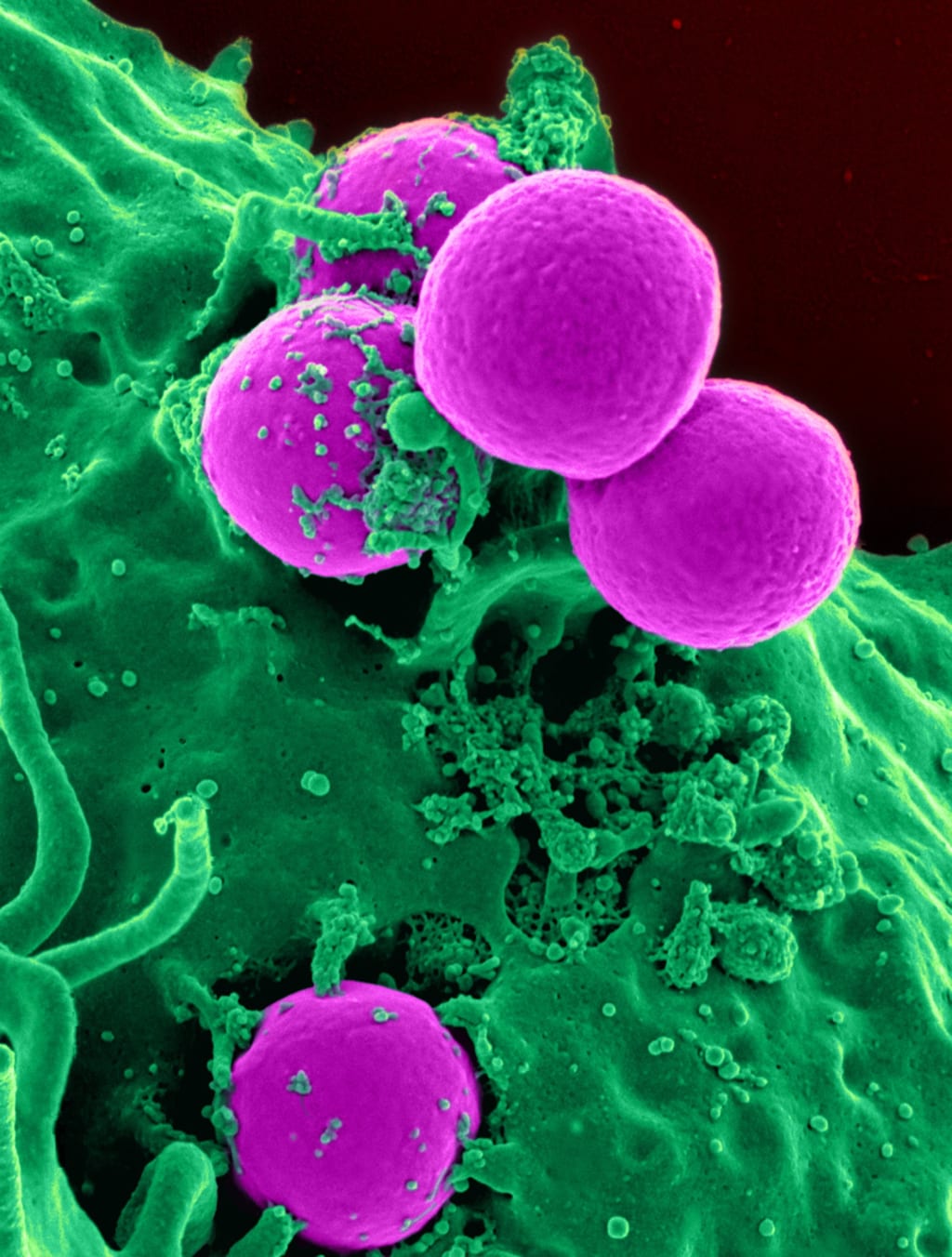Transforming Cancer Treatment
The Role of Technology in Revolutionizing Medical Care

In recent years, advancements in technology have had a profound impact on almost every aspect of our lives, and the field of medicine is no exception. One area where technology has made remarkable strides is the treatment of cancer. Cancer, a complex and devastating disease, has traditionally been battled through surgery, chemotherapy, and radiation therapy. However, with the advent of innovative technologies, such as artificial intelligence (AI), genomics, robotics, and data analytics, the landscape of cancer treatment is rapidly evolving. This article explores the ways in which technology is changing the medical treatment of cancer and the potential benefits it offers to patients and healthcare providers alike.
I. Early Detection and Diagnosis:
1.1. Screening and Imaging Technologies:
- Improved imaging techniques, such as MRI, CT scans, and PET scans, allow for earlier and more accurate cancer detection.
- Molecular imaging techniques, like positron emission tomography (PET) and magnetic resonance imaging (MRI), provide detailed information about tumor characteristics, aiding in personalized treatment planning.
1.2. Liquid Biopsies and Molecular Diagnostics:
- Liquid biopsies enable the detection of cancer-related genetic mutations and circulating tumor cells through a simple blood test, providing non-invasive and real-time monitoring.
- Molecular diagnostics, including genomic profiling and next-generation sequencing (NGS), allow for comprehensive analysis of tumor DNA, leading to personalized treatment strategies and targeted therapies.
II. Precision Medicine and Targeted Therapies:
2.1. Genomics and Personalized Treatment:
- Rapid advancements in genomics have led to a deeper understanding of cancer at the molecular level, enabling tailored treatment plans based on the patient's genetic profile.
- Targeted therapies, such as monoclonal antibodies, tyrosine kinase inhibitors, and immunotherapies, specifically target cancer cells while minimizing damage to healthy cells, leading to improved treatment outcomes and reduced side effects.
2.2. Immunotherapy:
- Immune checkpoint inhibitors, CAR-T cell therapy, and cancer vaccines are revolutionizing cancer treatment by harnessing the patient's immune system to recognize and destroy cancer cells.
- Technologies like Chimeric Antigen Receptor (CAR) T-cell therapy show great promise in treating hematological malignancies and certain solid tumors.
III. Robotics and Minimally Invasive Surgery:
3.1. Robotic-Assisted Surgery:
- Surgical robots, such as the da Vinci Surgical System, enhance the precision and dexterity of surgeons, enabling minimally invasive procedures with improved outcomes, reduced pain, and shorter recovery times.
- Robotic surgery offers enhanced visualization, precise tumor removal, and better preservation of healthy tissue, making it a valuable tool in the fight against cancer.
IV. Big Data and Predictive Analytics:
4.1. Data Integration and Interoperability:
- Integrating electronic health records (EHRs), genomic data, and clinical trial information enables comprehensive patient profiles, facilitating personalized treatment decisions.
- Interoperability among different healthcare systems and institutions allows for the seamless exchange of information, leading to more efficient and collaborative cancer care.
4.2. Predictive Analytics and Machine Learning:
- Utilizing machine learning algorithms and predictive analytics, healthcare providers can identify patterns, predict treatment responses, and develop personalized care plans.
- Real-time monitoring and data analysis enable early intervention, improved patient outcomes, and the discovery of novel therapeutic targets.
V. Telemedicine and Remote Patient Monitoring:
5.1. Remote Consultations and Follow-ups:
- Telemedicine platforms enable remote consultations, allowing patients to access specialized oncology care regardless of geographic limitations.
- Remote follow-ups and monitoring through wearable devices and smartphone applications enhance patient engagement, early detection of complications, and continuity of care.
As technology continues to advance, the medical treatment of cancer is being transformed at an unprecedented pace. The integration of AI, genomics, robotics, and data analytics has revolutionized early detection, personalized treatment, surgical procedures, and patient monitoring. These advancements offer immense potential in improving patient outcomes, reducing treatment-related side effects, and enhancing the overall quality of cancer care. However, challenges such as cost, accessibility, and ethical considerations need to be addressed to ensure equitable access to these technological innovations. Ultimately, the synergy between technology and medicine holds great promise in the ongoing battle against cancer, giving patients and healthcare providers renewed hope for a brighter future.
About the Creator
ERIC JEFFERSON
Hi, am a storyteller, and with my experience growing up in a war zone and seeing a lot of unhappiness, I love putting a smile on people's faces to lift their spirits up.






Comments
There are no comments for this story
Be the first to respond and start the conversation.